Cherries are fruits whose sour taste we have all tried at least once in our lives by jumping over the fence of someone’s yard. You’ve probably all felt a sudden burst of energy more than once after eating just one handful of this fine fruit. For all those who still cannot stand the sour taste of fresh cherries, there is consolation. You can also use cherries in the preparation of many delicacies – strudel, jams, and marmalade, and those who think they don’t like cherries will like the special combination of sour and sweet.
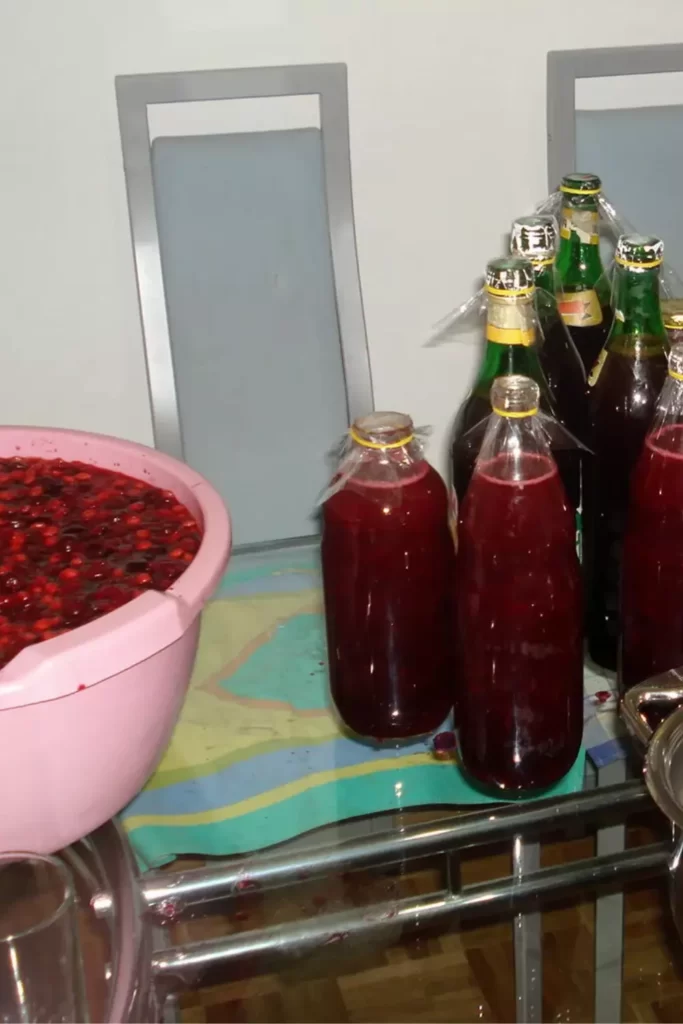
In addition to delicacies, cherry fruit can be used in the production of liqueurs, brandies and wines, teas, but also for the preparation of juices, the benefits of which are invaluable for your body. Homemade cherry juice takes a little longer than store-bought, but the effort is always worth it.
If one day you decide to grow cherries, either in the yard or professionally in nurseries, you should keep in mind which varieties are most suitable for processing for a certain natural habitat.
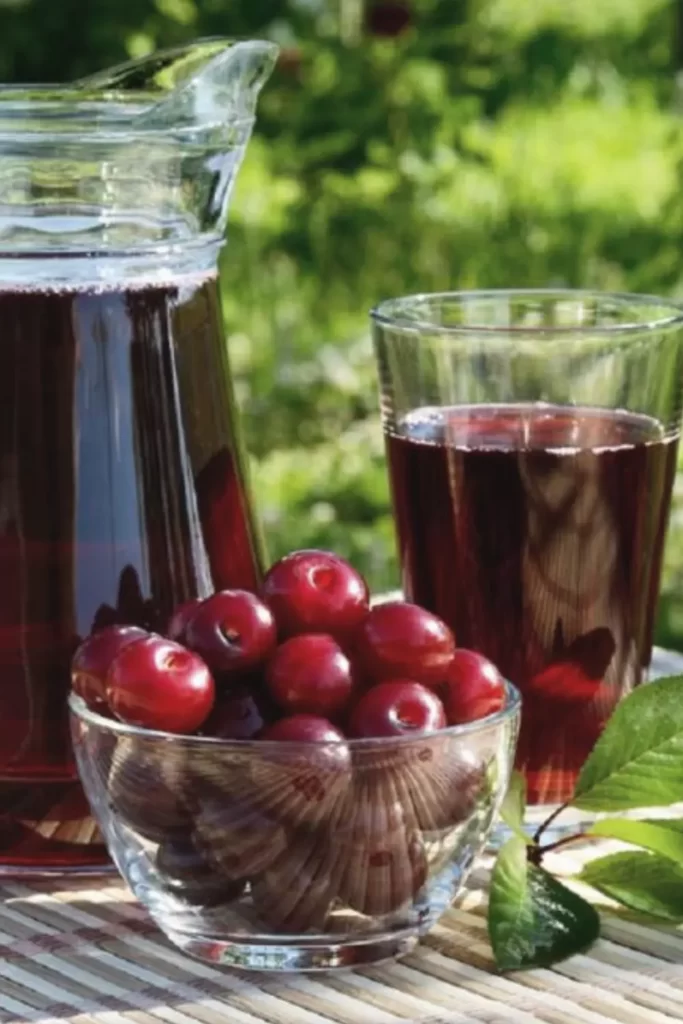
It is important to point out that once you have harvested them, it is not possible to achieve their desired maturity, which is necessary for processing, through any subsequent process. That is why it is important to evaluate the fruit, taste it and choose a date for picking. Usually, it is the period between June 20 and 30 when the natural cycle of the plant ends.
We advise you to pick cherries when they are fully ripe, which you will recognize by their red, not burgundy, color. A cherry that will not last long will be one whose surface is damaged in some way. If you have a choice, be sure to choose those that still have a stem. On the other hand, cherries that are too light will mean that they are prematurely urban and because of this the product you are processing will be overcooked.
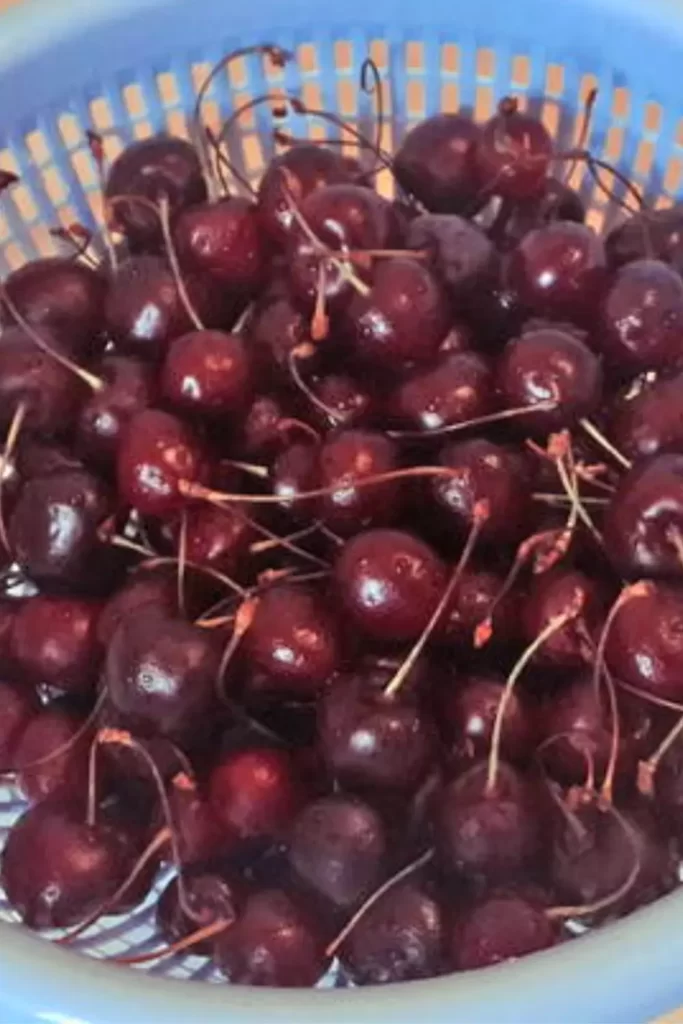
For homemade processing into juice, jam, or marmalade, you can pick the cherries later, because their firmness and even overripeness would not significantly change the quality of the final product. The harvest itself requires patience and many hands because they can be harvested by hand or with a shaker, while in larger plantations mechanical harvesting is used.
This simple recipe does not require too much time and will surely win you over with its taste and aroma. As a finished product, every now and then you will rush for another glass of this extremely refreshing drink.
Cherry Juice
Ingredients
- 5 kg of cherries
- 1 spoon of citric acid
- 4 kg of sugar
- ½ teaspoon of preservative
Instructions
Wash and weigh the picked cherries, then mash them with your hands in a separate, larger bowl until not a single whole cherry remains
Add a spoonful of citric acid to the fruit and then cover the container and let it stand in the cold for about 24 hours so that the fruit and acid react and release their aromas
Strain the resulting juice through a strainer so that the hard parts of the fruit and the stone remain inside
Even if you strain it, you will still have small pieces of fruit in the juice
Strain once more, this time through a sieve or cheesecloth until you get a completely liquid, clear part of the juice
Add 1 kg of sugar to 1 kg of strained liquid, then put everything to cook in a large, wide pan for 20 minutes
Be sure to remove the resulting foam from the rest of the juice
Add preservatives as desired and cook everything together for a few more minutes

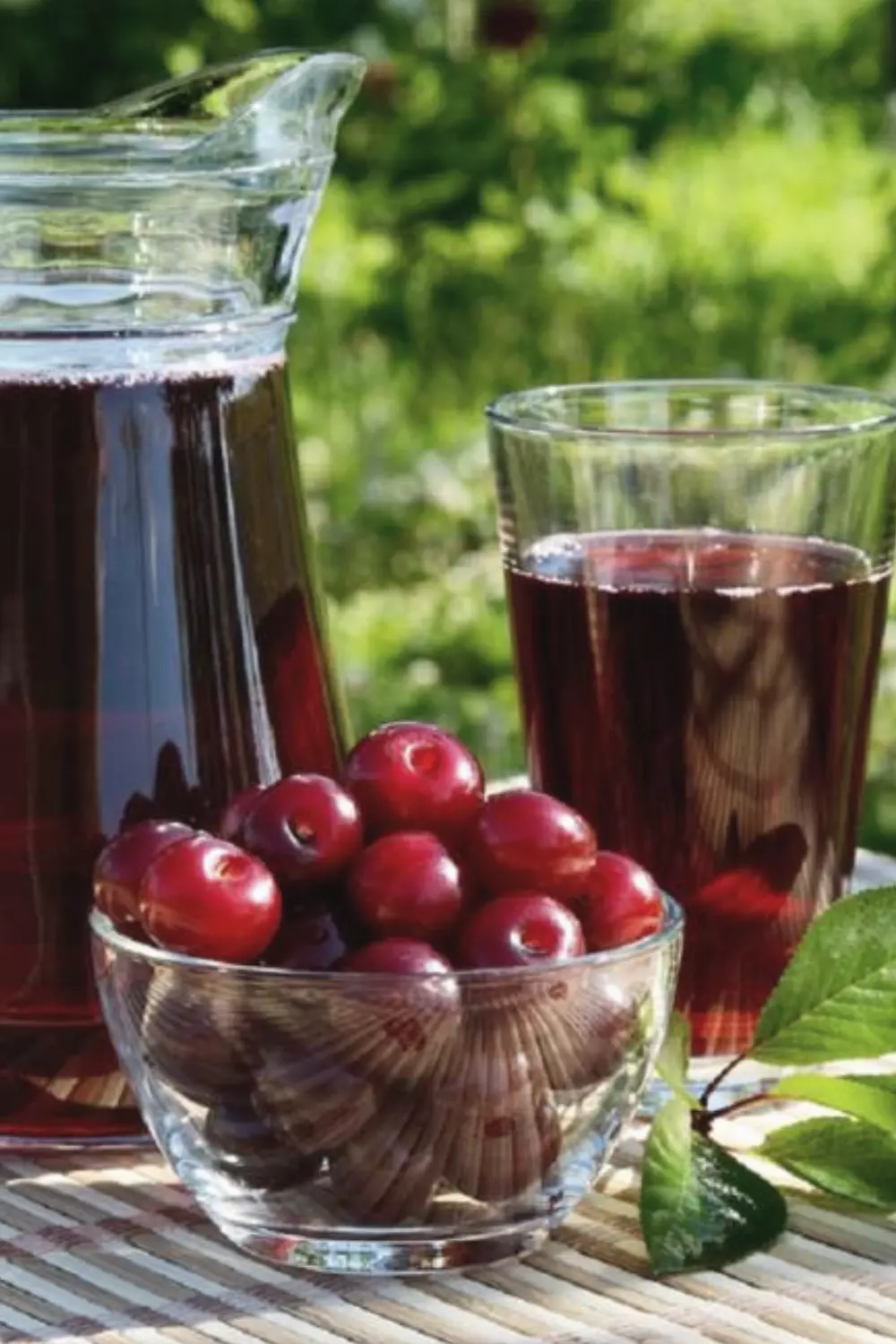

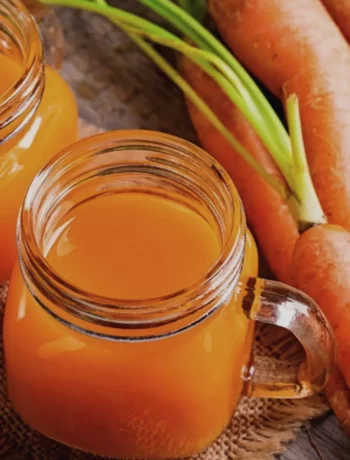

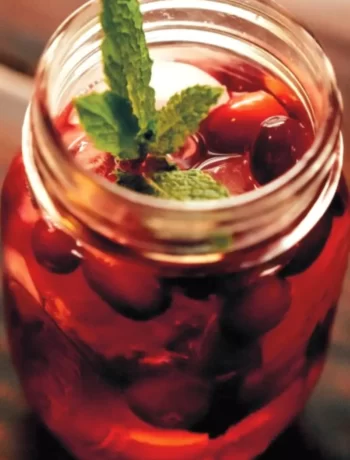
No Comments